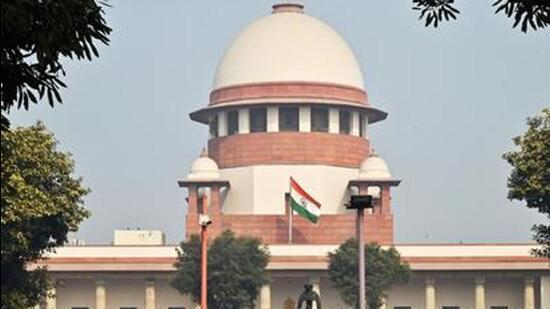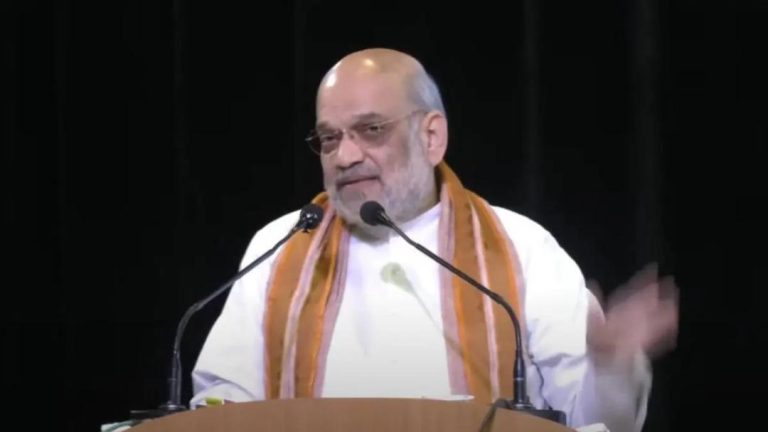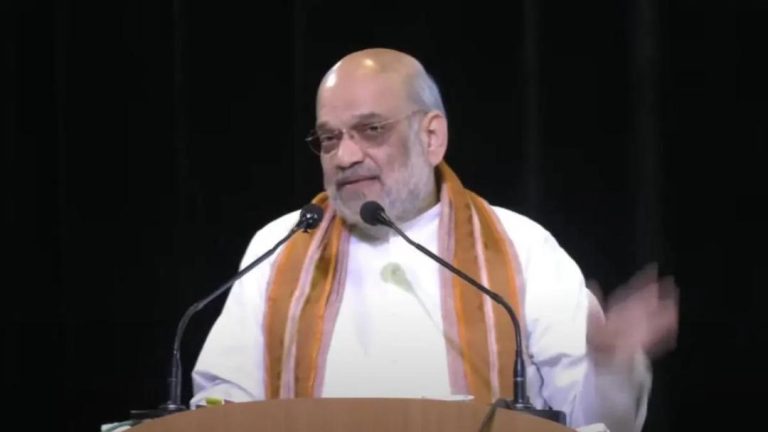
Title: Calling someone ‘Miyan-Tiyan’ & ‘Pakistani’ not an offence: Supreme Court
In a recent verdict, the Supreme Court of India has clarified that calling someone “Miyan-Tiyan” and “Pakistani” is not an offence. The court’s decision comes after a case was filed against an 80-year-old man who was alleged to have hurled abuses at an Urdu translator in Jharkhand. The court’s ruling highlights the blurred lines between what constitutes an offensive remark and what does not.
The case in question dates back to 2019 when an Urdu translator, who was translating a speech by a local leader, was allegedly abused by the 80-year-old man. The translator filed a complaint against the man, claiming that he was subjected to insults and abuses, including being called “Miyan-Tiyan” and “Pakistani”. The incident took place in Jharkhand’s Latehar district.
The case was taken up by the court, which examined the evidence presented by both parties. After hearing the arguments, the Supreme Court ruled that the remarks made by the 80-year-old man did not amount to hurting the religious sentiments of the translator. The court stated that while the remarks were in poor taste, they did not constitute a criminal offence.
The court’s decision has sparked a debate on what constitutes an offensive remark. Many have argued that the use of certain words or phrases can be hurtful and offensive, regardless of the intent behind them. Others have countered that words and phrases are just words and should not be taken at face value.
The use of the term “Miyan-Tiyan” is particularly contentious. In India, the term is often used as a derogatory slur to refer to someone from a particular religion or community. However, in other contexts, the term is used as a term of endearment to refer to someone from a particular region or community.
The debate surrounding the use of certain words and phrases is not new. In recent years, there have been several instances where individuals have been accused of making offensive remarks, leading to widespread outrage and calls for action. However, the Supreme Court’s decision in this case highlights the complexities surrounding what constitutes an offensive remark.
The court’s decision has also raised questions about the role of intent in determining whether a remark is offensive. The court’s ruling suggests that intent is an important factor in determining whether a remark is considered offensive. In this case, the court found that the 80-year-old man did not intend to hurt the translator’s religious sentiments, which led to the decision that the remarks did not constitute an offence.
The court’s decision has also sparked a debate on the role of the judiciary in addressing issues of hurt sentiments. Many have argued that the judiciary has a crucial role to play in addressing issues of hurt sentiments, as it can provide a platform for individuals to seek redress and justice. Others have countered that the judiciary should focus on more pressing issues, such as poverty, inequality, and social justice.
In conclusion, the Supreme Court’s decision that calling someone “Miyan-Tiyan” and “Pakistani” is not an offence highlights the complexities surrounding what constitutes an offensive remark. The court’s decision raises important questions about the role of intent, the role of the judiciary, and the blurred lines between what constitutes an offensive remark and what does not.
As we navigate the complexities of language and communication, it is essential that we recognize the importance of context, intent, and the potential impact of our words on others. While words and phrases can be hurtful and offensive, they can also be powerful tools for building bridges and fostering understanding.
Ultimately, the Supreme Court’s decision is a reminder that language is a complex and nuanced aspect of human communication. As we strive to create a more harmonious and inclusive society, it is essential that we approach language with sensitivity, respect, and an understanding of the complexities that surround it.





